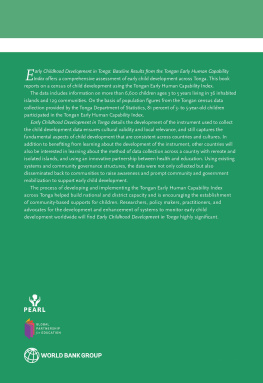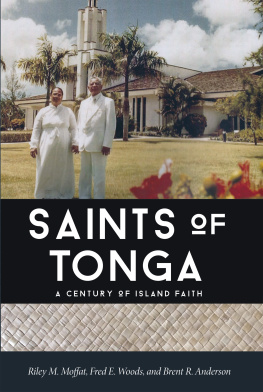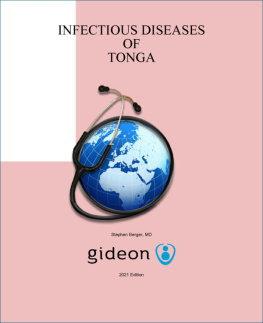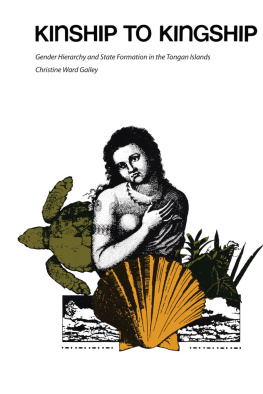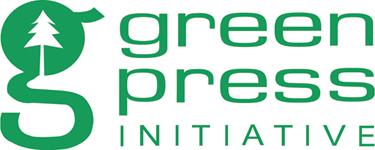Sally Brinkman - Early Childhood Development in Tonga: Baseline Results from the Tongan Early Human Capability Index
Here you can read online Sally Brinkman - Early Childhood Development in Tonga: Baseline Results from the Tongan Early Human Capability Index full text of the book (entire story) in english for free. Download pdf and epub, get meaning, cover and reviews about this ebook. year: 2016, publisher: World Bank Publications, genre: Children. Description of the work, (preface) as well as reviews are available. Best literature library LitArk.com created for fans of good reading and offers a wide selection of genres:
Romance novel
Science fiction
Adventure
Detective
Science
History
Home and family
Prose
Art
Politics
Computer
Non-fiction
Religion
Business
Children
Humor
Choose a favorite category and find really read worthwhile books. Enjoy immersion in the world of imagination, feel the emotions of the characters or learn something new for yourself, make an fascinating discovery.
- Book:Early Childhood Development in Tonga: Baseline Results from the Tongan Early Human Capability Index
- Author:
- Publisher:World Bank Publications
- Genre:
- Year:2016
- Rating:3 / 5
- Favourites:Add to favourites
- Your mark:
Early Childhood Development in Tonga: Baseline Results from the Tongan Early Human Capability Index: summary, description and annotation
We offer to read an annotation, description, summary or preface (depends on what the author of the book "Early Childhood Development in Tonga: Baseline Results from the Tongan Early Human Capability Index" wrote himself). If you haven't found the necessary information about the book — write in the comments, we will try to find it.
Early Childhood Development in Tonga offers a comprehensive assessment of early child development across Tonga using the Tongan Early Human Capability Index instrument. The data has information on more than 6,600 children, ages three to five, living across 36 inhabited islands, and reported for 129 communities. On the basis of population figures from the Tongan census data collection provided by the Tonga Department of Statistics, 81 percent of three- to five-year-olds participated in the Tongan Early Human Capability Index.The report details the development of the instrument used to collect the child development data to ensure cultural validity and local relevance, while still capturing the fundamental aspects of child development that are consistent across countries and cultures. As well as the development of the instrument, other countries will also be interested in learning about h the method of data collection across a country with remote and isolated islands using an innovative partnership between health and education. Using existing systems and community governance structures, the data was not only collected but also disseminated back to communities to raise awareness and prompt community and government mobilization to support early child development.The process of developing and implementing the Tongan Early Human Capability Index across Tonga helped build national and district capacity, and is encouraging the establishment of community-based supports for children. Researchers, policy makers, and practitioners as well as advocates for the development and enhancement of systems to monitor early child development worldwide will find this publication highly significant.
Sally Brinkman: author's other books
Who wrote Early Childhood Development in Tonga: Baseline Results from the Tongan Early Human Capability Index? Find out the surname, the name of the author of the book and a list of all author's works by series.

